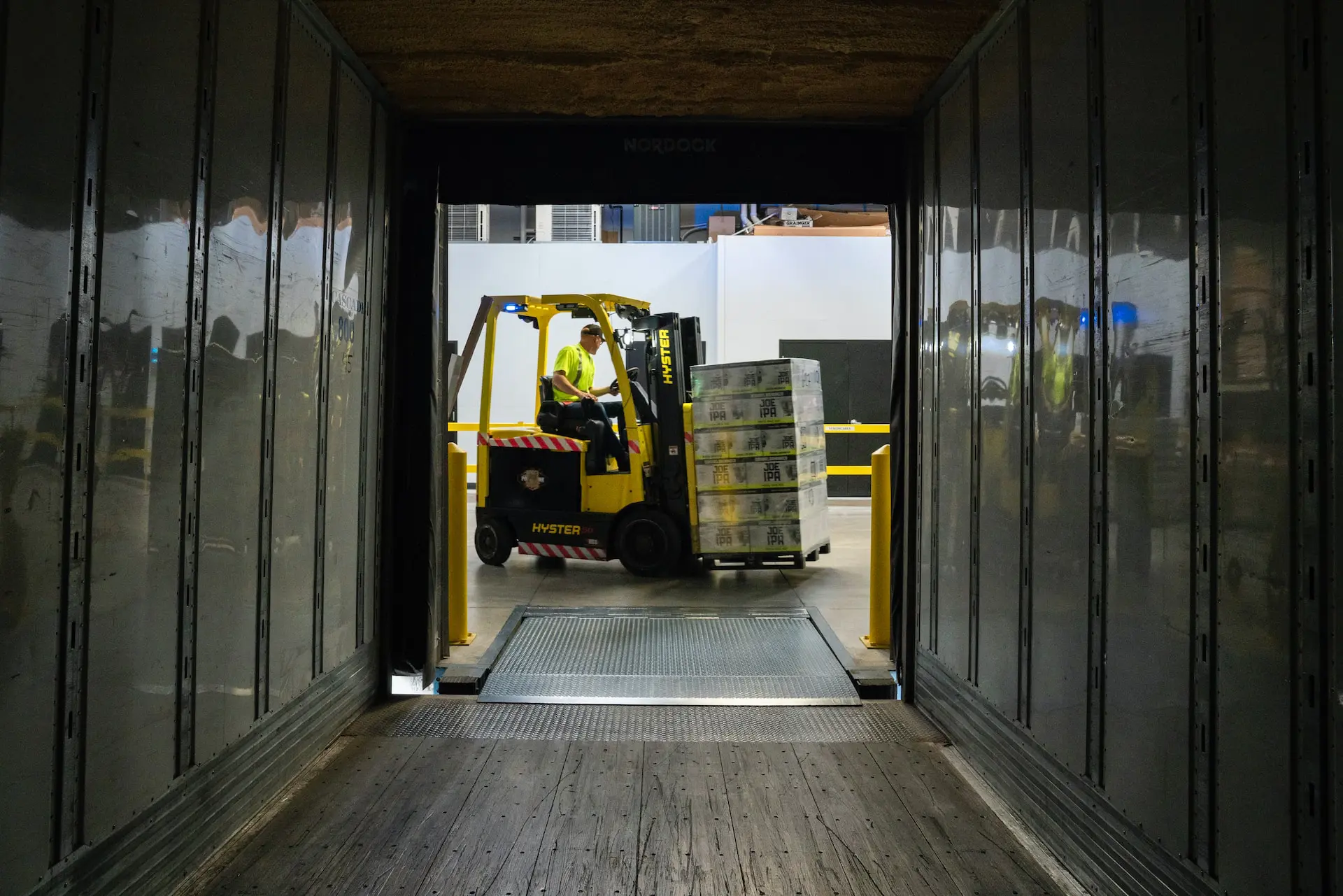Do You Need a Forklift Licence? Spoiler: It Doesn’t Exist!

Do you need a forklift license? We see this question a lot, and the simple answer is no. You do not need a license to use a forklift. Not only do you not need one, but you couldn’t get one if you wanted one. Forklift Licenses technically don’t exist. However, this doesn’t mean anyone is […]
